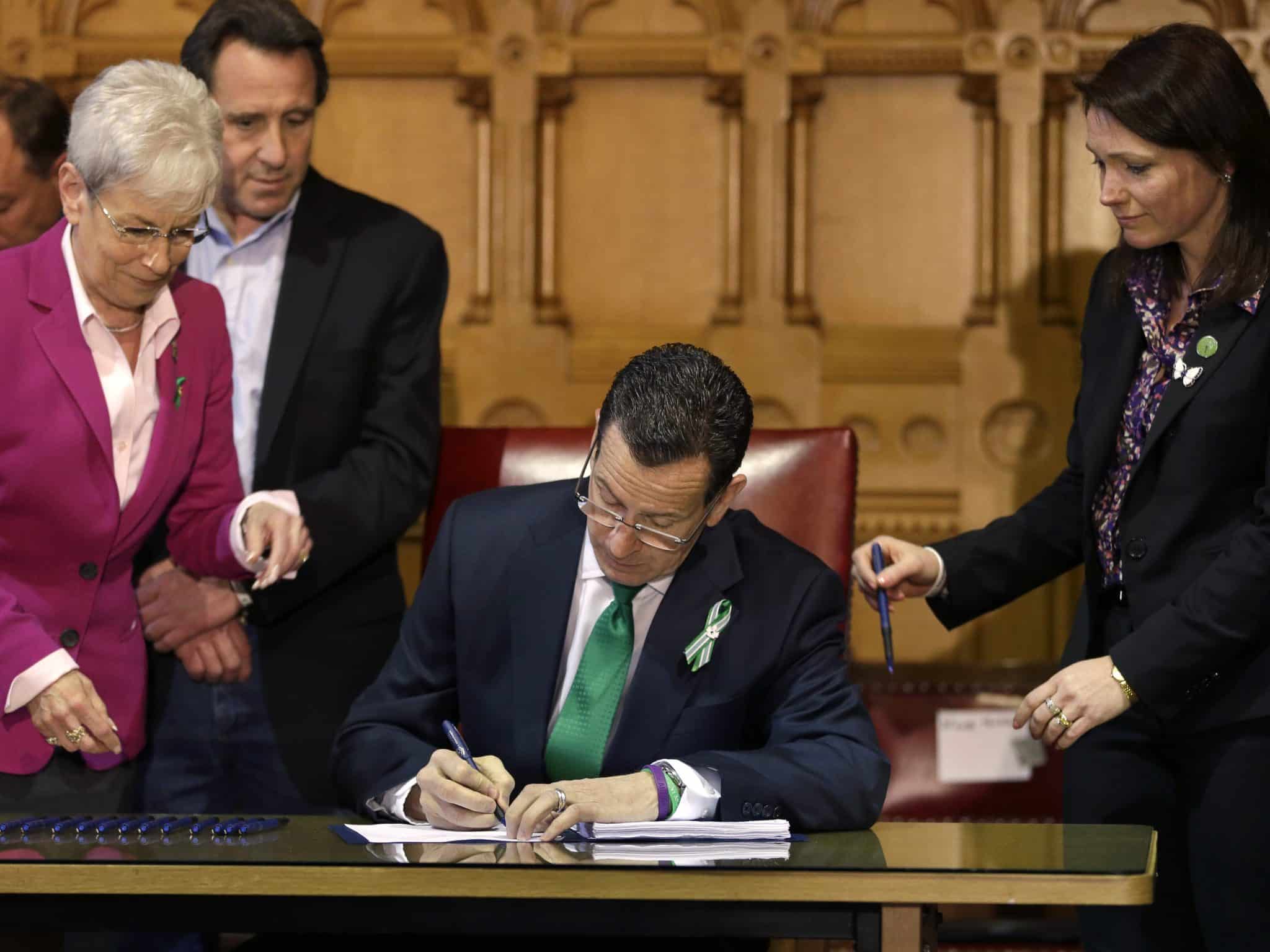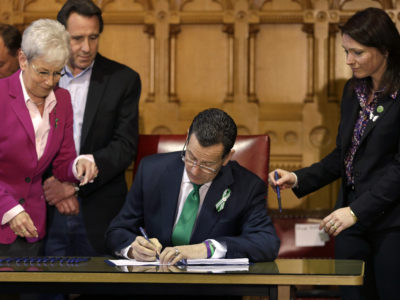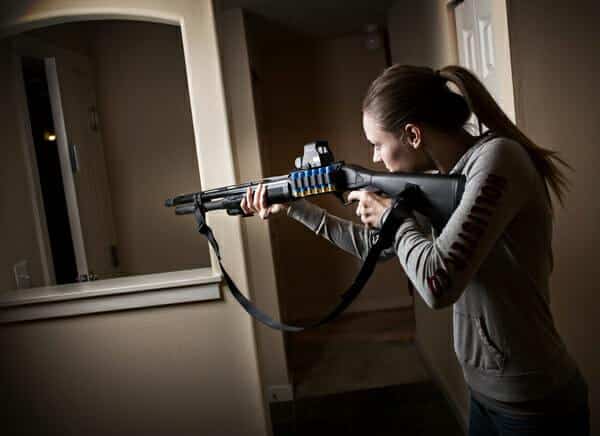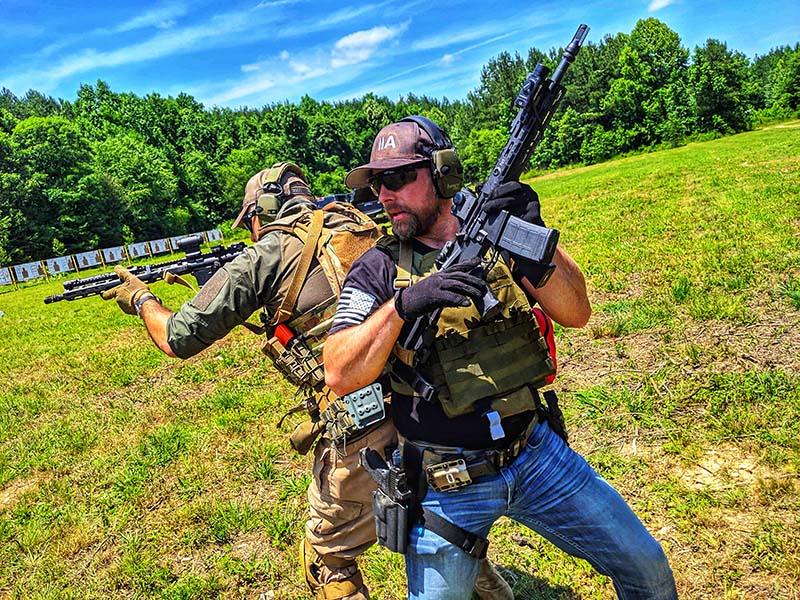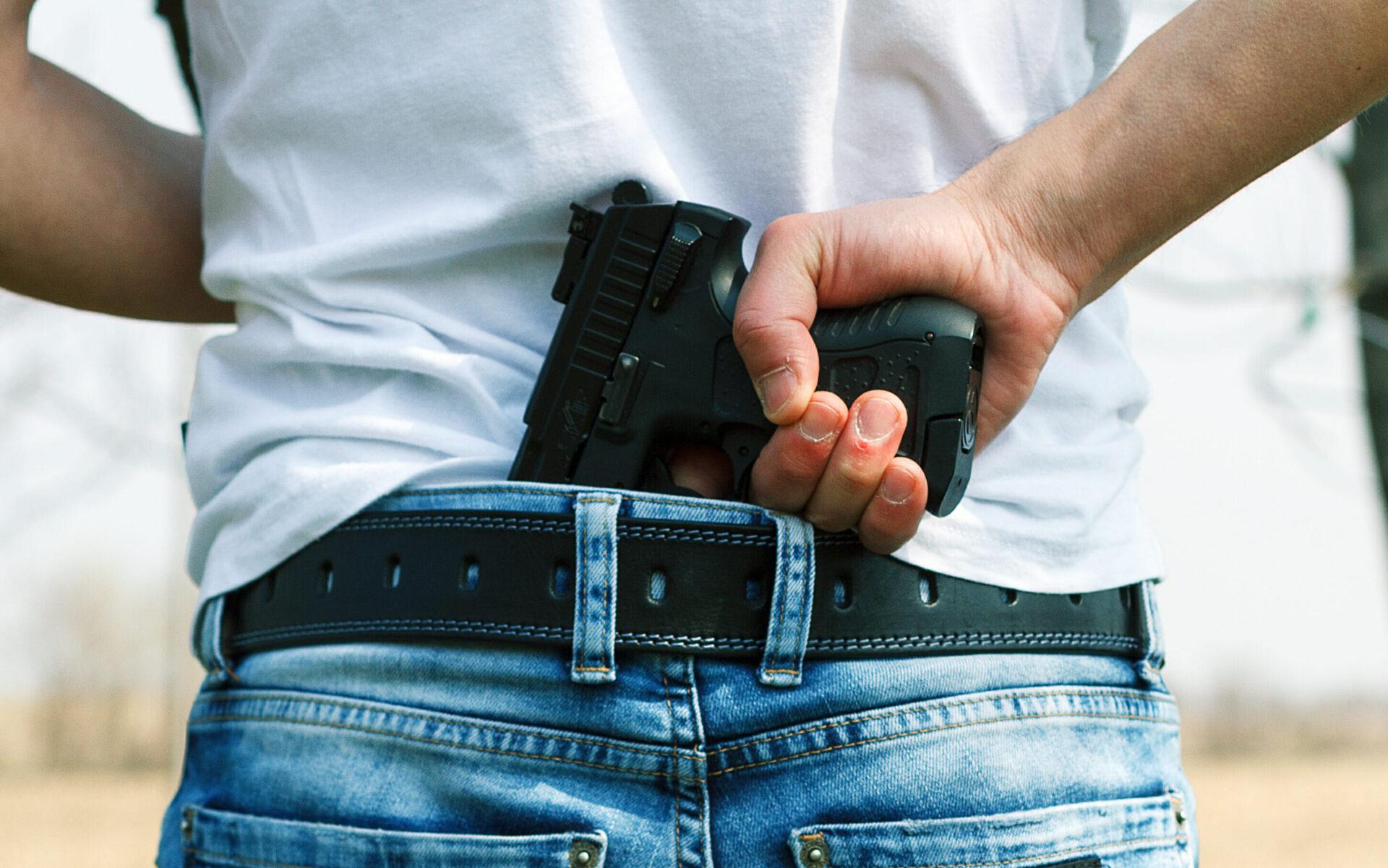Connecticut became the fourth state to require a license to purchase ammunition when a law that carries a $35 fee went into effect this month.
Connecticut joined Illinois, Massachusetts and New Jersey as well as the District of Columbia in implementing a law that many gun rights advocates consider a back-door attempt to limit Second Amendment rights. The Connecticut law calls the license a “certificate.”
Gun stores owners in the state are reportedly faced with confused and irritated customers who do not agree with the new ammunition certificate law – some of whom know nothing about it until they get to the counter. The license is good for ammunition only. Purchasing a gun involves a more extensive process.
Gun owners with a valid carry permit aren’t required to purchase the ammo certificate. The bullets and magazines certificates must be renewed every five years.
How to hide your guns, and other off grid caches…
The law was passed by the Democratic-controlled legislature and signed into law by Gov. Dan Malloy, a Democrat.
Gun store owners say customers don’t like the new law.
“It’s mostly the old-timers. They’ve been shooting for so long, they don’t understand why they need one,” one gun store owner told the New Haven Register.
TGS Outdoors owner Mike Higgins said the new Connecticut gun control law will have little impact on gun violence.
“In the real world, this provision is going to have little effect because criminals don’t get permits or ammunition certificates. They get what they need illegally,” Higgins said.
One customer who worked with the FBI for 30 years was unable to get ammo at the store because he didn’t know he needed a certificate, Higgins said.
Mike Bazinet, a representative of the Newtown-based National Shooting Sports Foundation, said the Connecticut ammo certificate law is an ineffective tool.
“We’ve felt all along that the focus should be to keep weapons out of the hands of people that should not have them,” Bazinet said.
Gun control activists, though, said the law is needed.
“If you’re ineligible to buy a gun, you’re ineligible to buy ammo,” said Mike Lawlor, the state’s Undersecretary for Criminal Justice, Policy and Planning. “You can’t buy ammo if you don’t have one of these credentials (an ammo certificate or carry license). We don’t want a person who could not pass a background check buying ammunition.”
Just 48-hours after the ammunition certificate law was enacted, the Connecticut State Police received nearly 300 application requests.
The Law Center to Prevent Gun Violence, too, applauded the new law.
“Laws regulating the purchase and possession of ammunition can help limit access by children, convicted felons and other prohibited persons, and can reduce the threat of firearms in the hands of these and other dangerous individuals,” the organization said. “Except in a small number of states and municipalities that regulate ammunition transfers, ammunition purchasers are not subject to a background check, and sellers are not required to be licensed, keep a record of ammunition sales, or even request a purchaser to show proof of age. … Without ammunition, firearms are no more dangerous than any blunt object, causing some scholars to refer to ammunition as the ‘actual agent of harm.”
The Gun Control Act of 1968 ushered in a multitude of ammunition manufacturing, buying, and dealing regulations. Most of the law’s provisions were repealed under the 1986 Firearms Owners’ Protection Act, including the 1968 ban on interstate transfer of ammo to unlicensed dealers.
The National Rifle Association has filed suit to overturn the law.
Conservatives and libertarians have ridiculed the law.
“Too bad the brilliant legislators in Connecticut haven’t figured out how to stop a criminal from driving to New York to buy all the ammunition they want,” Greg Pollowitz wrote at NationalReview.com.
How do you feel about the Connecticut ammunition certificate law?


